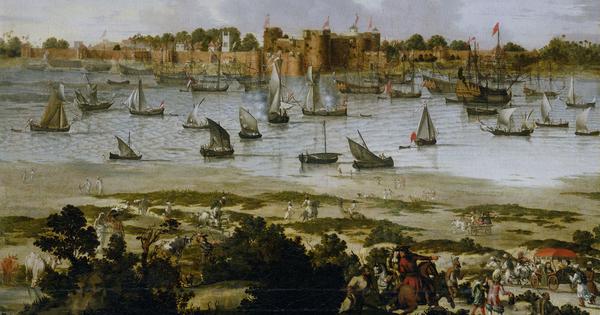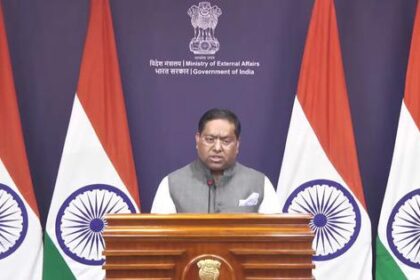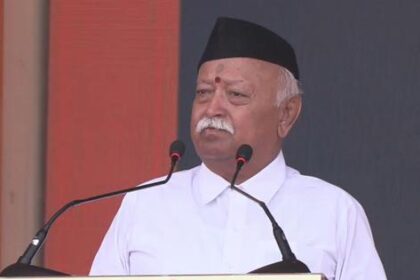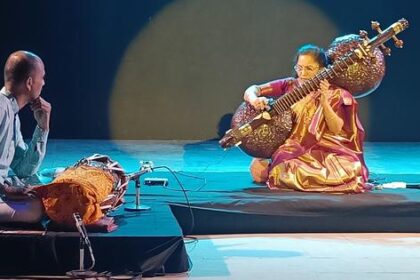How Nandshankar Mehta’s work reflects the complex cultural tapestry of 19th-century India.
Nandshankar Mehta and his novel Karan Ghelo exemplify the intricate genealogies that shape India’s historical narrative. Set against the backdrop of 13th-century Gujarat, Karan Ghelo, published in 1866, is often recognized as the first novel written in Gujarati. The story unfolds during a tumultuous time when the Hindu ruler Karan faces the impending loss of his kingdom to a Muslim sultan from Delhi. This historical fiction has remained in print since its release, making significant contributions to Gujarati literature and education.
On a summer morning in 1863, Mehta began crafting this tale in his modest home in Surat. His dedication to storytelling was evident as he wrote without hesitation, weaving a narrative that would resonate for generations. The novel not only served as a source of entertainment but also as an educational tool in Gujarati-language schools. British officials studying the language and local customs also found value in Mehta’s work, showcasing its broad appeal.
Mehta, who was my great-great grandfather, has left an indelible mark on my family’s legacy. Reading Karan Ghelo after its English translation in 2015 was a poignant experience. As I engaged with his words, I confronted the implications of his views on my identity and perceptions. Growing up in Bombay, I had internalized narratives suggesting that cosmopolitanism and liberal values were inherently Western. However, discovering Mehta’s background revealed that his education in Surat was pivotal in shaping his open-mindedness, rather than solely his descendants’ experiences abroad.
Through Karan Ghelo, I encountered Mehta’s humor and his balanced portrayal of characters, which included women and Muslims, challenging my preconceptions about historical narratives. Following this, I read Nandshankar Jeevanchitra, a biography of Mehta penned by his son Vinayak, which provided insights into his life and the societal dynamics of Surat during his time. Despite Vinayak’s assertions that British education introduced modern ideas, it became clear that Surat’s cosmopolitan culture played a crucial role in fostering Mehta’s progressive outlook.
Karan Ghelo narrates the downfall of Karan, whose obsession with his prime minister’s wife triggers a series of events leading to the loss of his kingdom. This historical account reflects not only the personal drama of its characters but also the broader transitions occurring in Gujarat, as it shifted from local dynasties to British rule. Mehta draws parallels between his time and Karan’s, noting that both Hindus and Muslims faced subjugation, a sentiment echoed in the novel’s closing lines.
In the end, Mehta’s work encapsulates the complexities of identity and governance in a changing landscape. He invokes a sense of hope for Gujarat’s revival while acknowledging the realities of foreign dominance. His nuanced portrayal of figures like Sultan Allauddin Khilji, devoid of moral judgments, invites readers to reflect on the multifaceted nature of history. This approach reinforces Vinayak’s belief that the interplay between Hindu and Muslim cultures has significantly influenced Gujarati identity, a sentiment that resonates even today.








